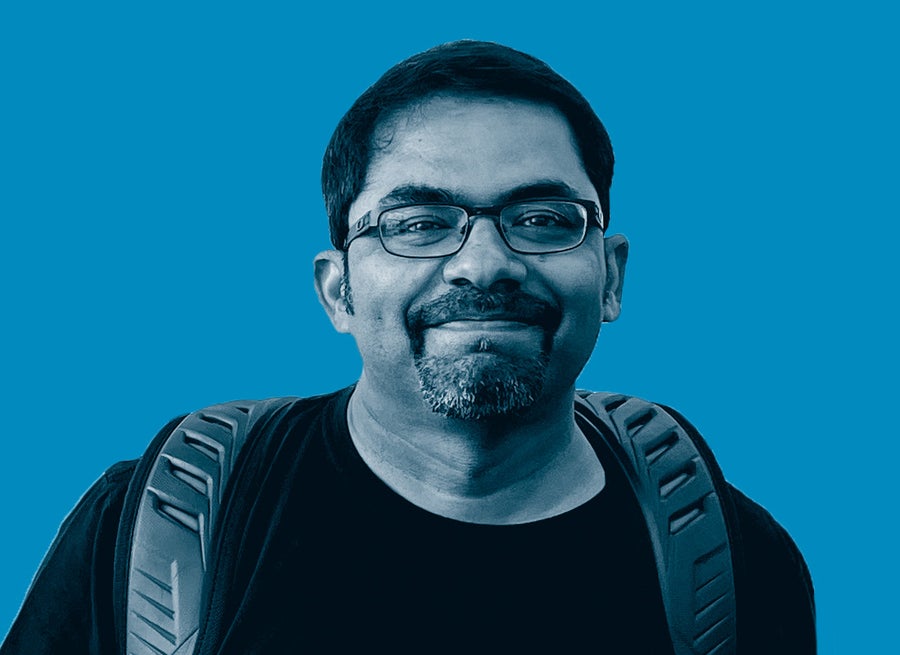This article is part of “Innovations In: Solutions for Health Equity,” an editorially independent special report that was produced with financial support from Takeda Pharmaceuticals.
The journey toward health equity can, at times, feel endless. But it can also be exciting and inspiring. Scientific American asked some of the researchers, physicians, advocates, and others working on health equity what they are most hopeful about. Each had numerous concerns but also reasons for optimism. They pointed to progress in widening access to health care, making science more inclusive, and reducing the health burden of systemic racism and other biases. They are also emboldened by the energy and enthusiasm of their colleagues working to advance health equity.
“Any level of justice work has to be rooted in a context of hope, right?” says Aletha Maybank, chief health equity officer at the American Medical Association. “A hope and faith that we will all be able to have an experience of optimal health.”
On supporting science journalism
If you’re enjoying this article, consider supporting our award-winning journalism by subscribing. By purchasing a subscription you are helping to ensure the future of impactful stories about the discoveries and ideas shaping our world today.
The following interviews have been edited for length and clarity.
Madhukar Pai
Chair, Epidemiology and Global Health, McGill University
My biggest source of hope is young people. It’s the youngest people who are shining a clear light on why climate change is devastating and why leaders are not acting on what has been obvious for many years. It’s the youngest people who are doing great work in the U.S. on gun control, even as they’re getting slaughtered in schools. It’s the young people who are alarmed about the rollback of reproductive rights in the U.S., in Afghanistan, you name it.
I feel like their moral clarity is the clearest because, unlike older people who already bought into something or were worried about their next paycheck or position or winning awards, young people are devastatingly clear in terms of what’s wrong. Their problem statements are spectacularly accurate and on point, and so they give me a huge amount of hope. That’s partly why I still teach global health to young people.
Just fanning their energy, their passion, might well be the biggest source of hope for all of humankind. But we need to go beyond that because although their diagnosis is perfect, their ability…
Click Here to Read the Full Original Article at Scientific American Content: Global…

